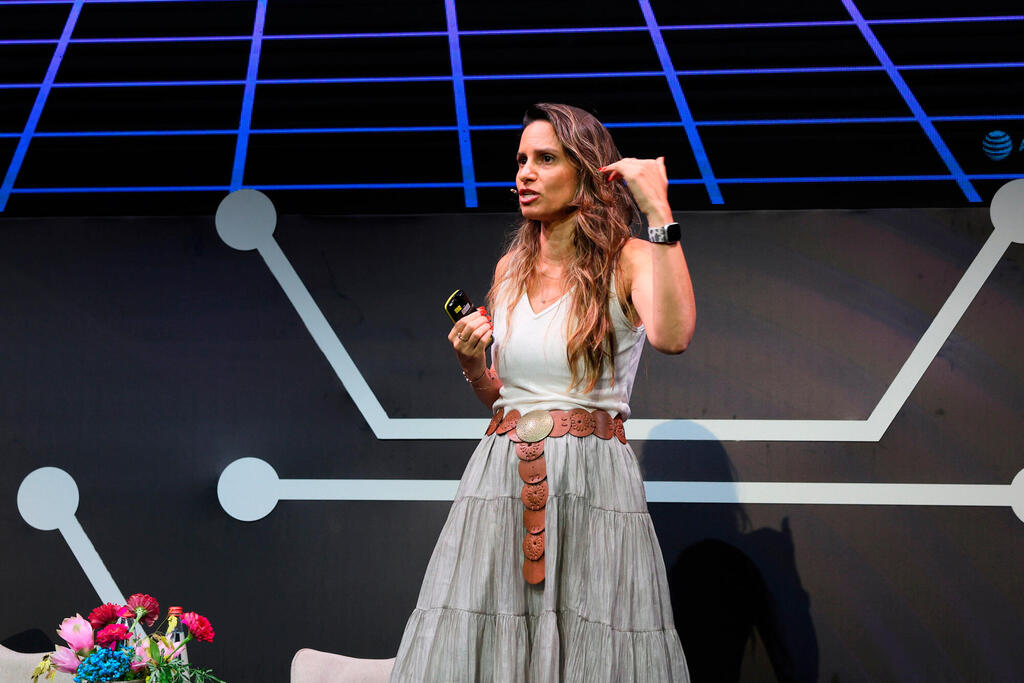
AI Conference
"What exists on the AI market is not always suitable, implementation depends on an organization's existing systems"
Rinat Zilberstein, AT&T VP R&D and GM AT&T Israel, added at the Calcalist AI Conference: "The organizational context is crucial. The broader the integration with organizational systems, the better the efficiency."
"How many of you have heard that in the age of AI you need to be 50% faster, but how many of you actually feel faster? Most employees do not experience this change. The question is: how can you make a profound impact in a large organization, rather than just in a startup?" began Rinat Zilberstein, AT&T VP R&D and GM AT&T Israel, at the Calcalist AI Conference in collaboration with Vultr.
"We at AT&T Israel have undertaken, in addition to our current roles, the complex task of implementing AI to generate more value and accelerate development tasks," Zilberstein continued, detailing the process she led to realize the advantages of artificial intelligence.
"What exists on the market is not always suitable, and implementation depends on the quality of results and integration with the organization's existing systems. We found that nothing suited us exactly, so we decided on a combination of external purchases and building AI products in-house. The next question was: who decides what to buy and what to build? We set up a team of technology experts and developers for this purpose. Our data team created an internal version of OpenAI, allowing us to access a language model for basic queries. We also built an independent layer on top of the OpenAI model. After testing, we realized it didn’t significantly improve efficiency or move the needle in the organization. The next step was to integrate into the developers' systems and create a faster development process, and that began to make a real difference. Once the pilot line launched, we introduced it to the market as well.
"Today we have added AI agents and are beginning to reach our goals. Looking back, I realize that to succeed in such an implementation, the organizational context is crucial. The broader the integration with organizational systems, the better the efficiency. Establishing a team of experts is critical, but they must not become attached to past decisions; they need to re-evaluate the situation daily, because the field is developing very quickly."















